Top Nutrition Myths That Hurt Athlete Performance
There’s an old adage that says that you are what you eat. This simply means, in order to lead a healthy life, you have to eat healthy. No one can go about and indulge himself in all kinds of food and then can hope to remain in good shape, and without any issues. That’s not how a human’s body works.
Food determines the health. For athletes, the importance of food is far greater than a normal human being. The world of Cristiano Ronaldo, Lionel Messi, LeBron James, Stephen Curry, Tom Brady and Novak Djokovic, to name a few, is far different than 99% of humans on this planet. They become what they are because of adding a perfect nutrition plan to their daily life, other than, of course, crafting their skills. These athletes are majestic beings, the standards that normal human being chases. To achieve a grandeur stature, these athletes follow a perfect nutrition plan, with every bite they take giving nutritional value to their bodies.
However, there are some widely held misinformation and myths about what athletes should or shouldn’t eat, especially amongst the aspiring Indian athletes. So let’s debunk these nutrition myths.
Also Read: Strength vs Endurance: How to Choose the Right Training Plan?
Athlete Nutrition Myths
Myth 1: Carbs Are the Enemy
One of the most common myths amongst many athletes is that carbohydrates are bad for body. There is a growing culture of having low-carb diets, while many other athletes avoid carbs altogether, believing it’ll help them maintain a lean physique. But carbohydrates are the main fuel for intense physical activities. Lack of fuel means, low energy for athletes and that mean, low performance on the field. This then becomes a loop.
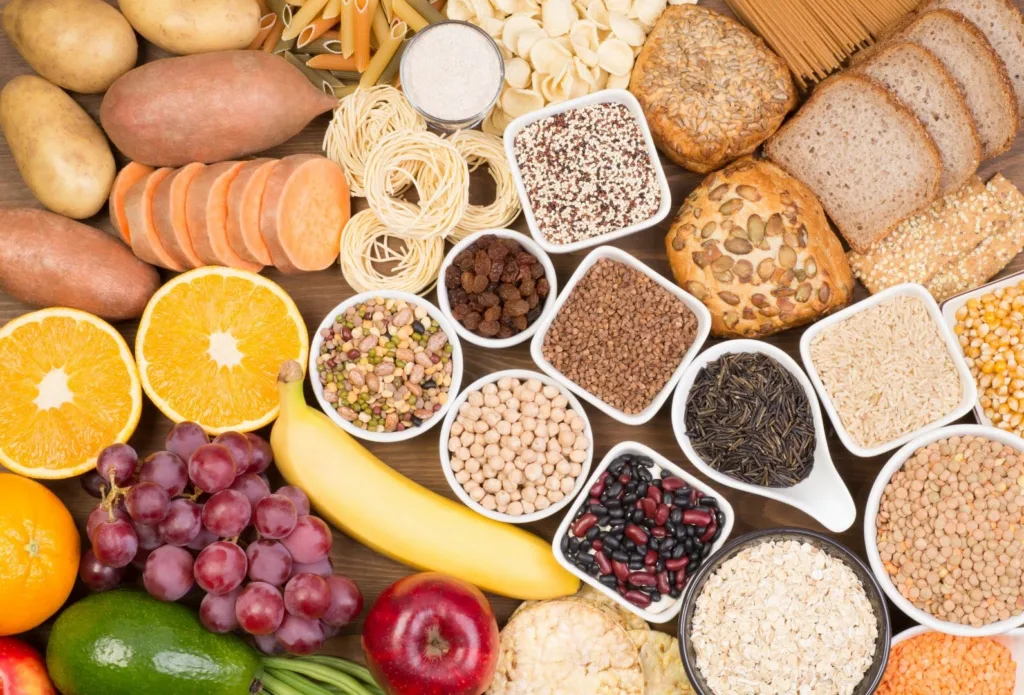
Why consuming less carb can be harmful
Lack of carbs can lead to fatigue and subpar performance on the field. As mentioned above, carbs are like fuel for human body. These are especially important for athletes playing sports such as football and also in endurance sports like runners, cyclists, and swimmers.
Key Point: Include healthy carbs in your diet, but also focus on consuming complex carbohydrates such as whole grains, fruits, and vegetables. But also keep in mind that too much of anything can be wrong. So keep track on how much carbs are you consuming.
Also Read: Top Agility and Speed Drills for Indian Athletes
Myth 2: Protein Is the Only Nutrient That Matters
Protein is most glorified nutrient amongst body builders and athletes. Indeed, protein is essential for repairing and rebuilding the muscle, but there’s a growing tendency amongst athletes to overemphasize its importance to the extent that other nutrients gets neglected.
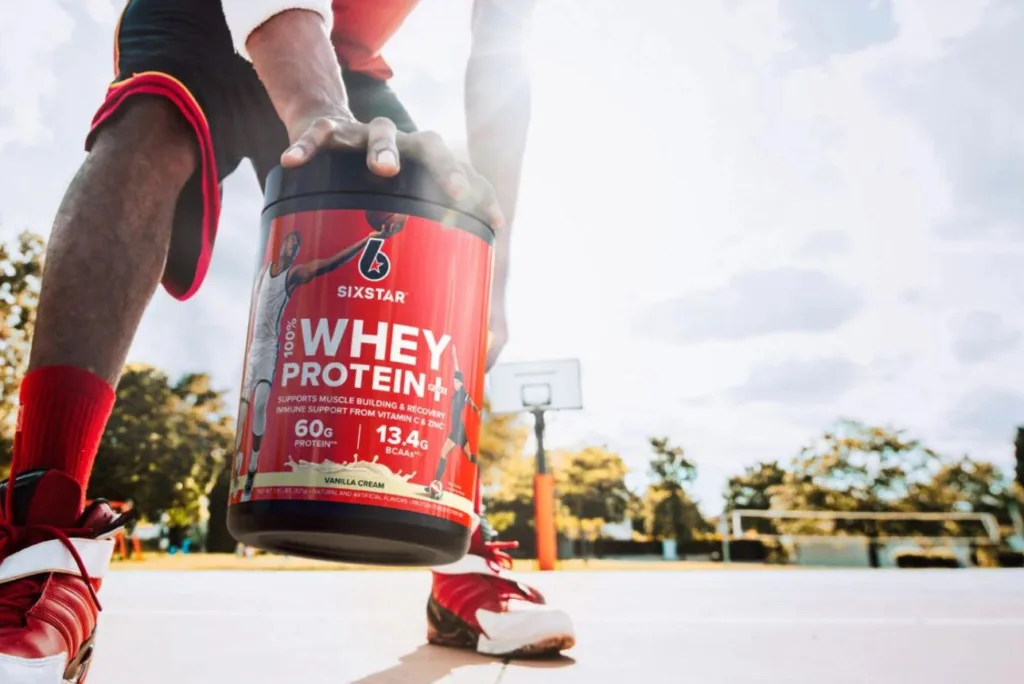
Why only Protein-Focused diet is bad?
Athletes focusing too much on protein are likely to miss out on other important components such as carbohydrates, fats, vitamins, and minerals. This could lead to less recovery less energy levels.
Key Point: The focus should be the balanced diet. Protein is important, for sure, but it should make up about 10-15% of your daily caloric intake. The balanced duet should also be complemented by healthy fats and carbohydrates.
Myth 3: Supplements Are Better Than Real Food
We see many adverts highlighting the importance of supplements which can be in any form such as capsules, powders and liquid. These days, athletes are drawn towards these kinds of supplements with the belief that they can replace a healthy diet.
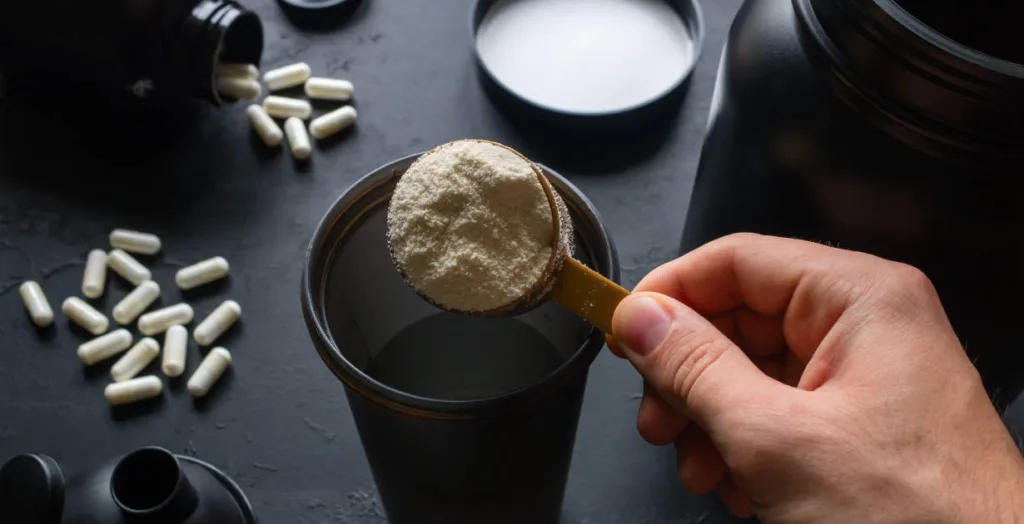
Why too many supplements can be bad?
It’s true that the quality of food is not the same as it was in old times. That’s why athletes opt for supplements that can fill the nutritional gap. But relying solely on them can lead to imbalanced diet. Supplements can never replace nutrients value provided by natural foods such as vitamins, minerals, and natural sugars.
Key Point: Supplements should be seen only as a complementary diet. They can never be the substitute for the main food. Also, use supplements only when recommended by a nutritionist or healthcare professional.
Also Read: The Best Smart Gadgets For Tracking Your Athletic Progress
Myth 4: Fats are bad and should be avoided
Fat are considered demonic when it comes to maintain a healthy lifestyle. In fact, many athletes, let alone the normal people, are of the opinion that fat makes them slow and can lead to weight gain.
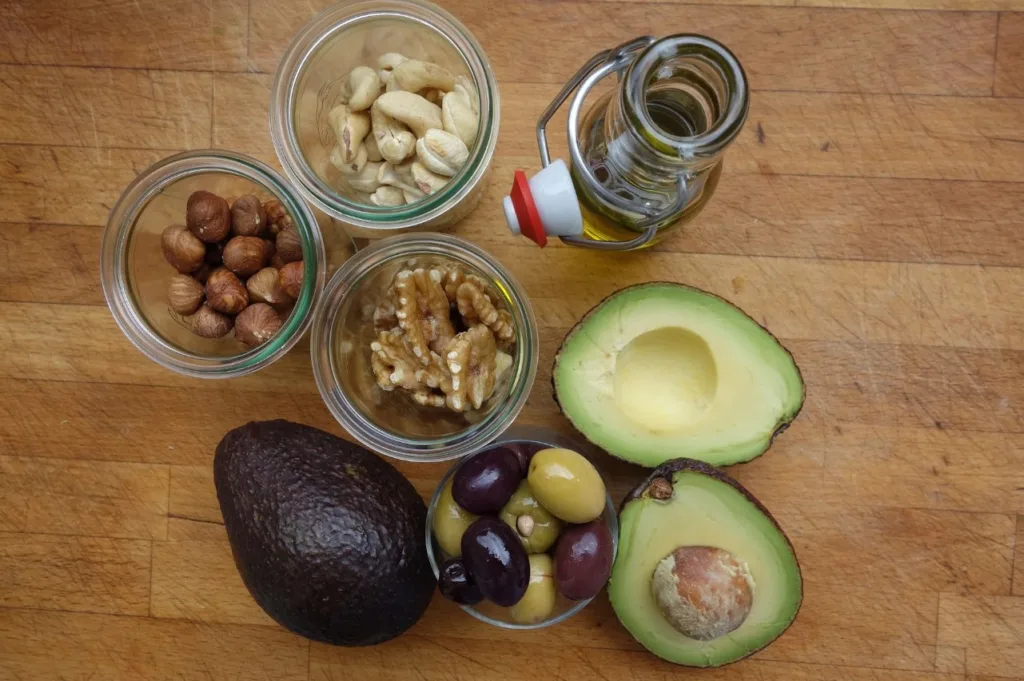
Why opinions around fats are wrong?
Fat are source of energy. They provide cushions in joints, protects organs, and helps maintain healthy skin and hair.
Key Points: Fats are essential and should be consumed but keep in mind that not all fats are same. Trans and saturated fats should be avoided by athletes.
Myth 5: Hydration Is Only About Drinking Water
Athletes need to stay hydrated for peak performances. Proper hydration also helps an athlete in cooling down more effectively. It also lubricates joints, and aids the transport of oxygen.
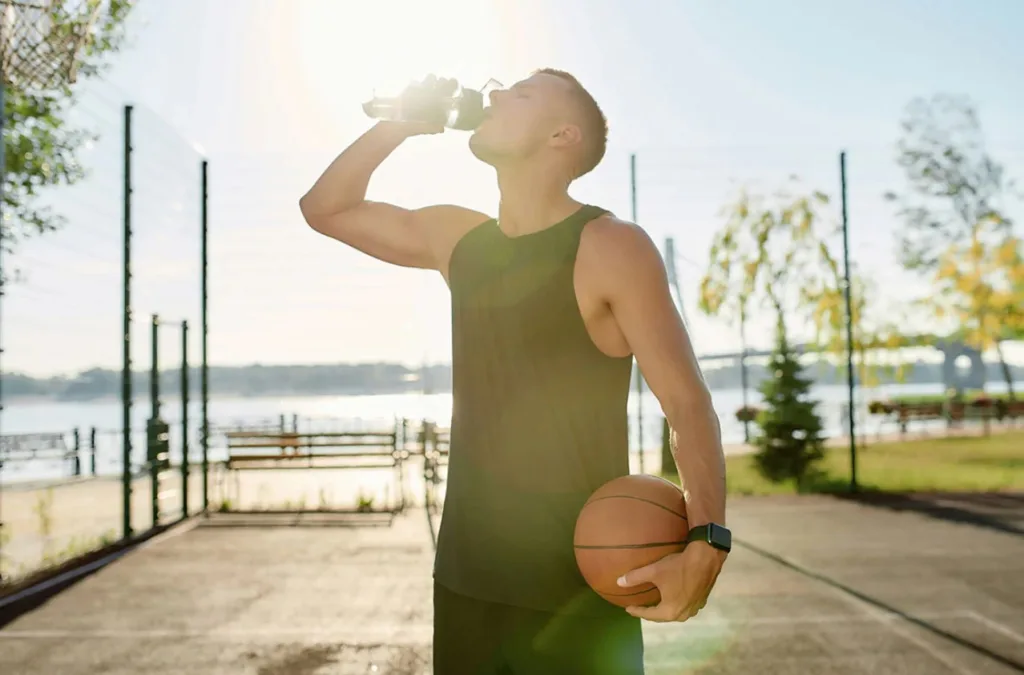
How dehydration can harm an athlete?
If an athlete drink only water during intense activities, it can lead to lack of electrolytes, which can result in cramps and fatigue.
Key Points: Water alone can’t replenish the body after an intense activity. Sports drinks or a home-made soluble such as a mixture of lemon, sugar and some salt, and coconut water are good source of electrolyte. Consuming them can help replace lost nutrients.
Myth 6: Skipping Meals Helps Lose Weight
Skipping meals to lose weight is an evergreen phenomena amongst general public. In fact, some athletes also head to this road and skip meals when they try to shed some extra weight. Yes, it’s true that its all about the calorie you are taking and how much of it you are burning, but skipping meals can be counterproductive.

Why skipping meals is never a good idea?
Human body needs a certain amount of energy to function properly. When you avoid meals, your energy levels drop, which leads to loss of muscles, and inadequate recovery. For an athlete, the loss of muscles can never lead to good performance. Also, the loss of energy makes person sluggish with lower metabolism. In addition, skipping meals can often lead to an unavoidable urge to eat unhealthy food at some point.
Key Points: Don’t ever avoid meals, but rather have smaller meals if you are in the process of losing weight.
Myth 7: Eating Before a Workout Is Bad
Many athletes try to avoid eating before the match or before workout, thinking it might make them sluggish or can leave them with stomach discomfort. But the lack of food can leave the body bereft of energy needed for peak performance.

Why playing on an empty stomach can be a bad choice?
Playing or doing any form of workout or exercise on an empty stomach can lead to fatigue, dizziness, and reduced stamina. Food is the fuel for body and you can’t just hope to perform at the peak level without food. It’s like trying to drive a car without petrol.
Key Points: Though eating a heavy food before a match or exercise should be avoided, but an athlete should take small, easily digestible snacks that are high in carbohydrates and protein.
Final Thoughts
It’s difficult to maintain a healthy lifestyle in today’s world when the food choices are endless. But one must learn to suppress cravings for unhealthy food such as pizza, burgers and any other food that an athlete should avoid. Also, learn to listen to your body and make your own diet plan accordingly.
In addition, avoid common diet mistakes that we highlighted above. Good nutrition is just as important as crafting skills.
Follow us on Facebook, Instagram and LinkedIn.
Share this content:
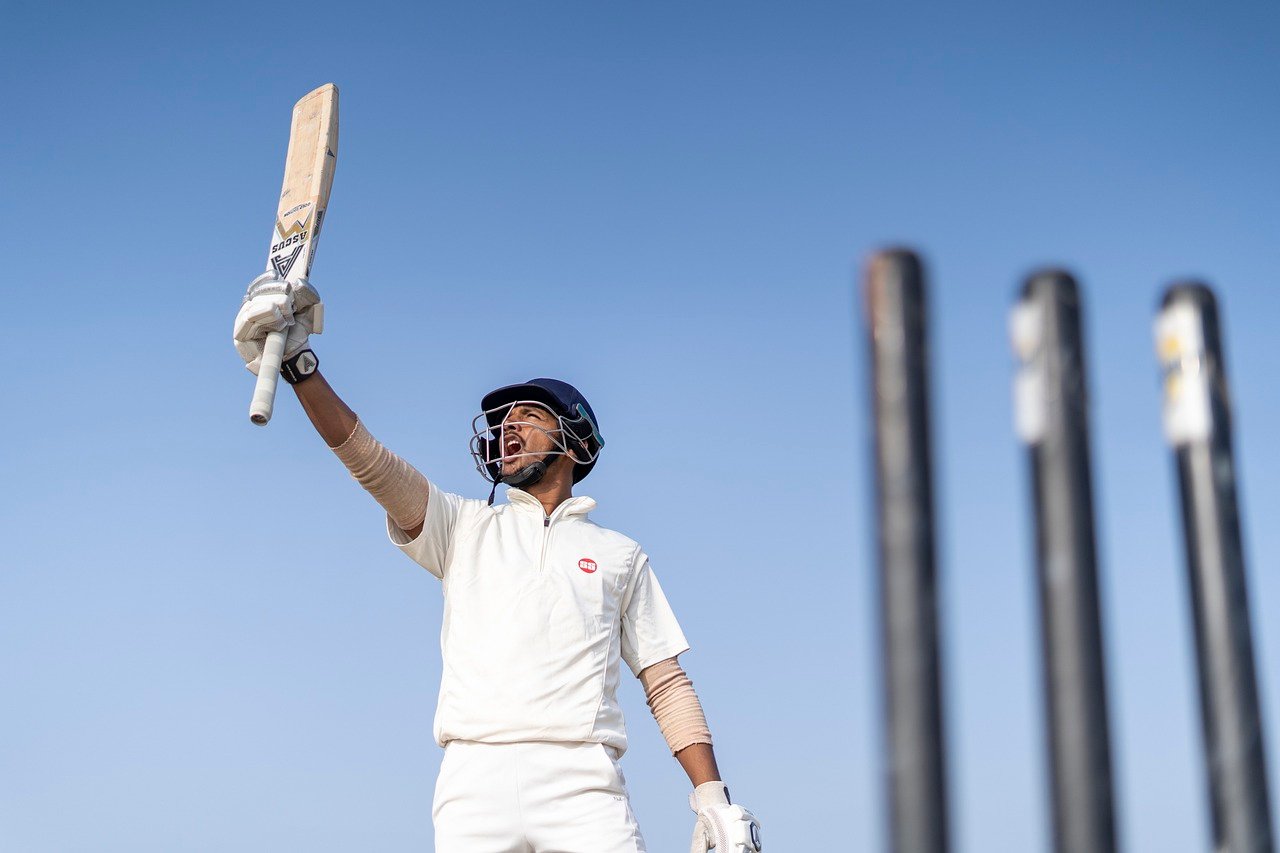
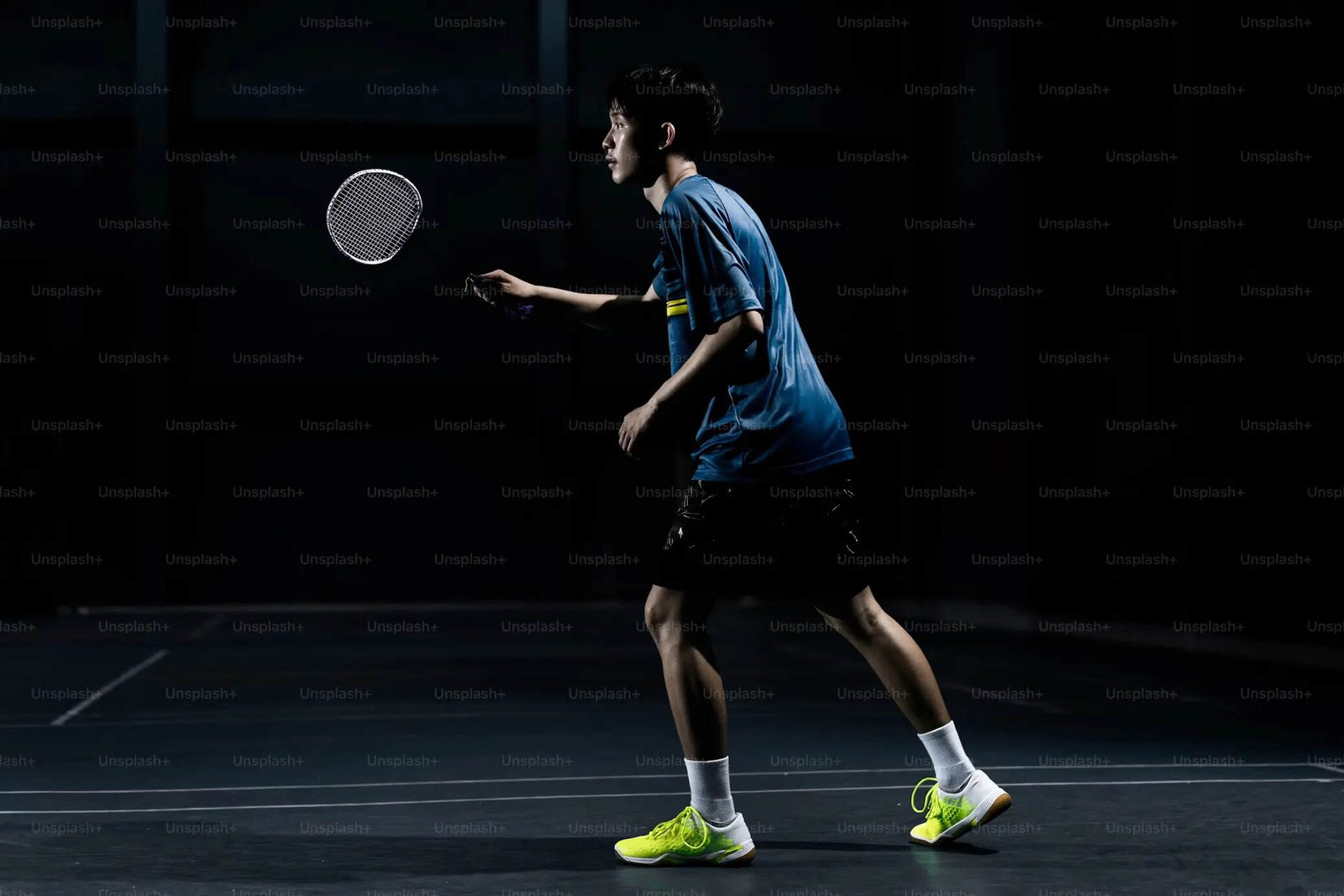
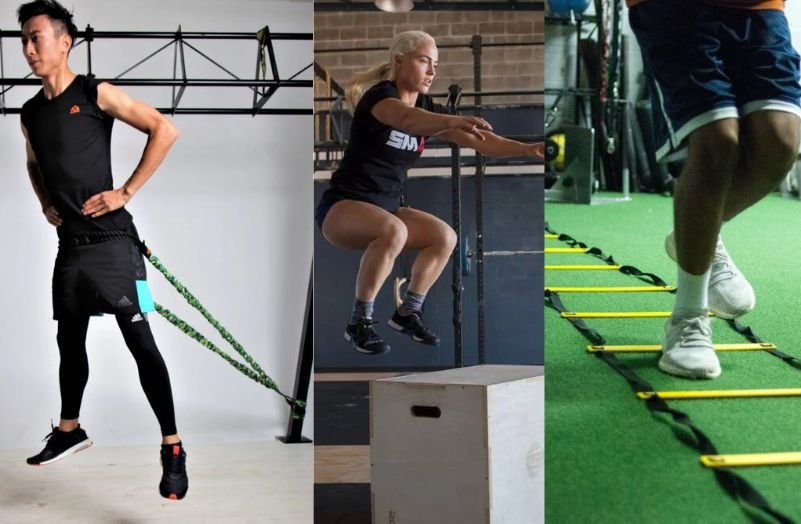
Post Comment